Identifying the Biblical “Beast of the Field”, Part 7
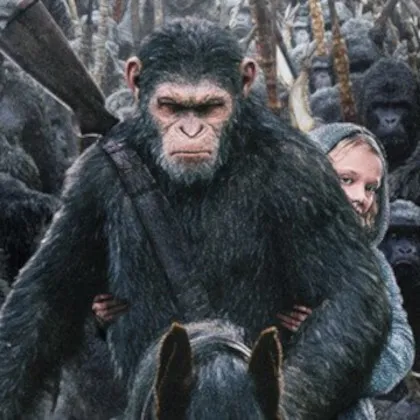
As long as eighteen centuries ago, certain men who were highly influenced by Jews as well as by pagan Greek philosophies had become Christians, and began writing voluminous works, many of which have been preserved to our time, although no one can claim with any great degree of confidence hat they are without corruption as we have them today. A couple of the more notable of these men are Justin Martyr and Clement of Alexandria. We mention these two here as examples. While it is always beneficial to see how some early Christians understood the faith of Christ, we must understand their writings in the context in which they were made, and can never accept them as replacements for Scripture in the formulation of Christian doctrine. They were never even universally recognized or disseminated for that purpose in their own time, and they were often disagreed with by other early Christian writers. But in these aspects, they were not alone: Tertullian, Irenaeus and others also shared this same plight, and deservedly so. There was no commonly accepted doctrine among the Christian assemblies until it was forced, for political expediency, beginning in the early 4th century at Nicaea and culminating with the decrees of Justinian establishing the Papacy as we know it in the 6th century, which elevated the bishop of Rome to primacy, and the bishop of Constantinople to the second place among all the bishops of the empire. Five hundred years later, the bishop of Constantinople led the first Protestant uprising against the Papacy, forming the separate Orthodox Church.



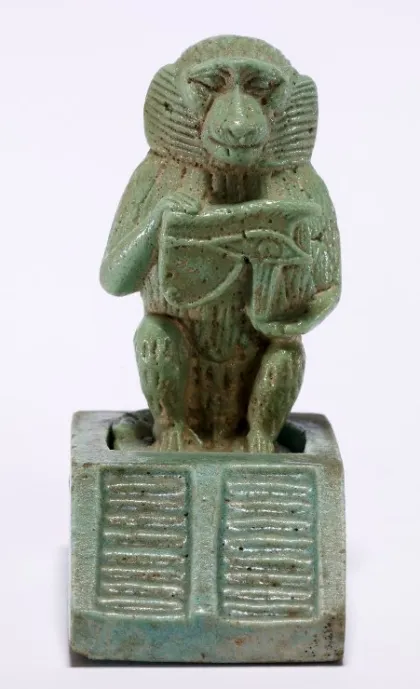
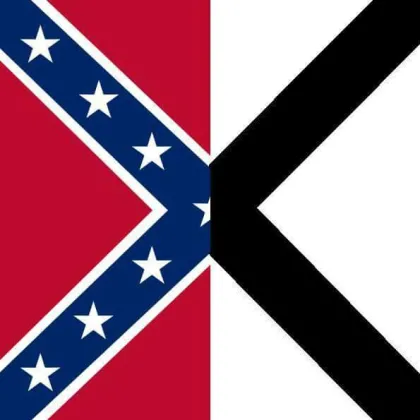
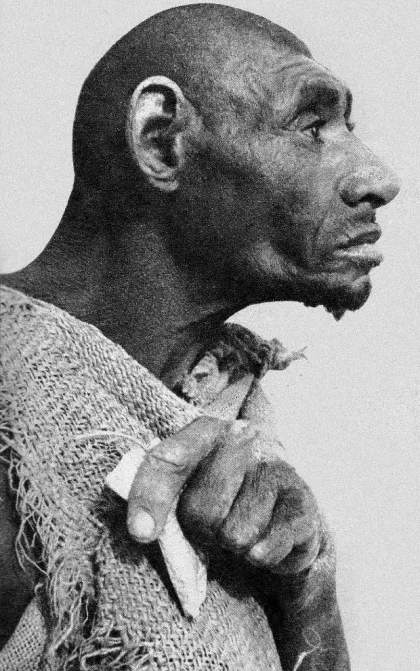
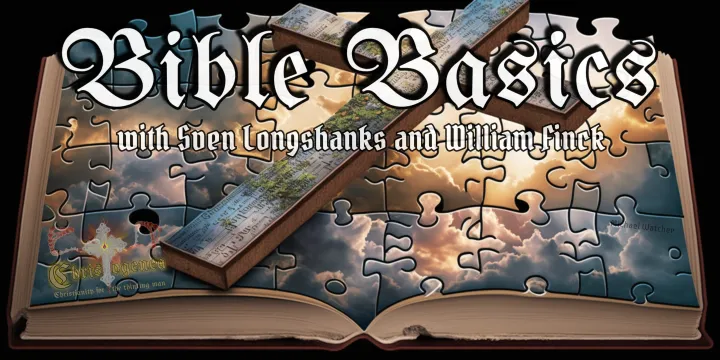
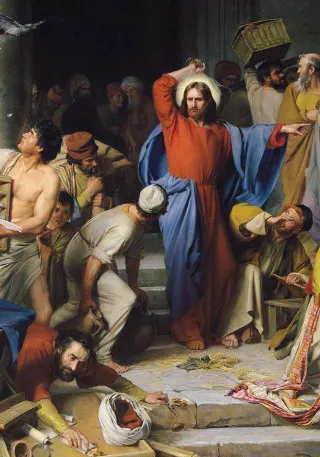
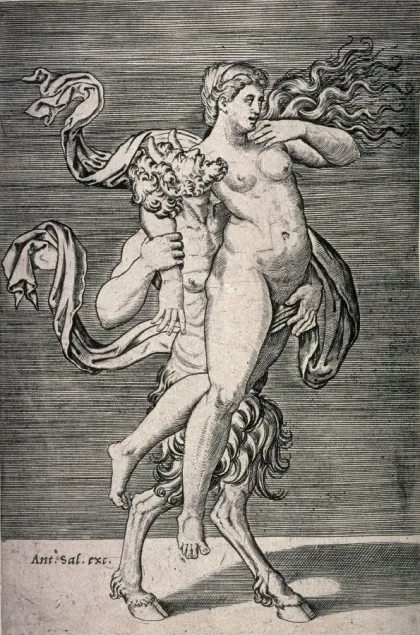
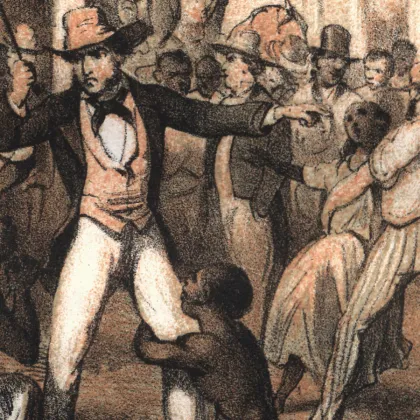
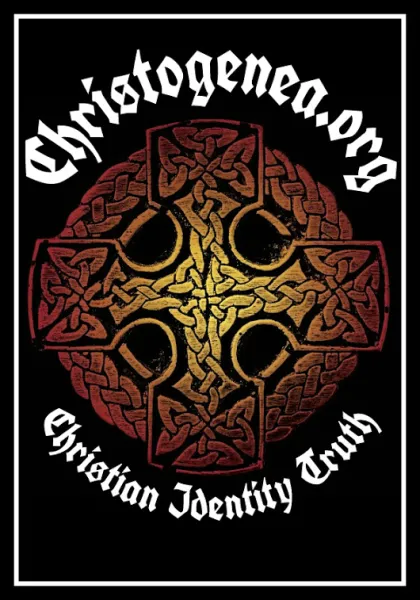
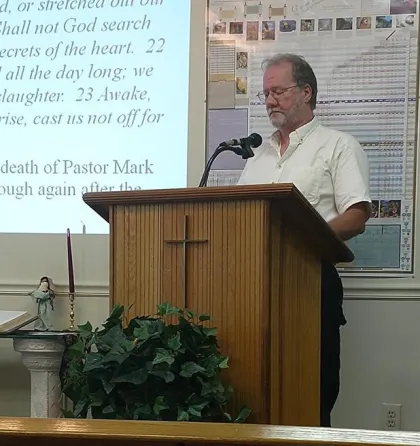








 Please click here for our mailing list sign-up page.
Please click here for our mailing list sign-up page.







